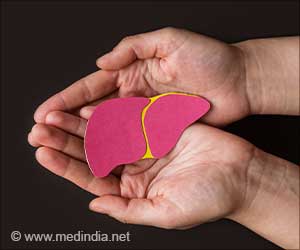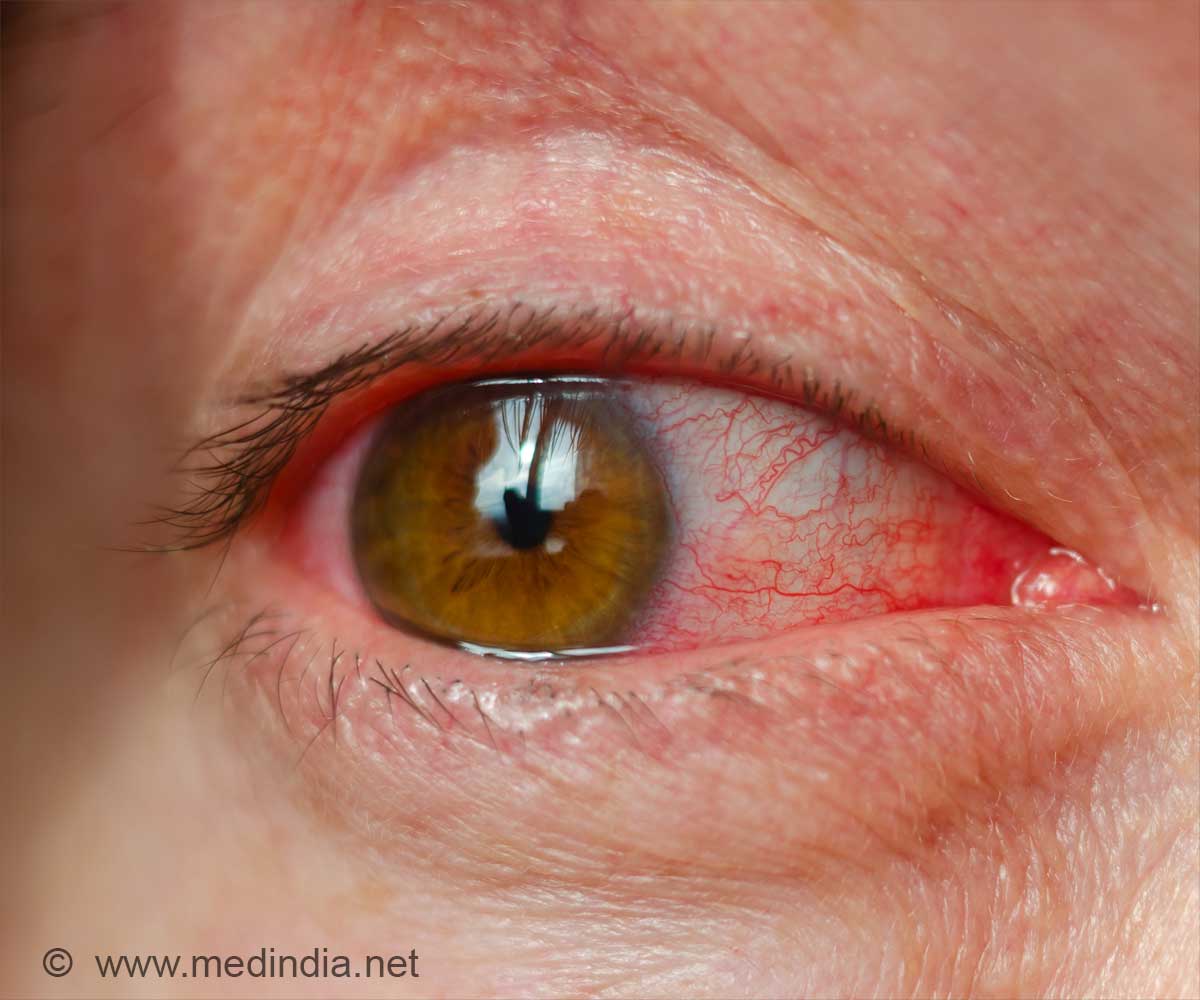Vaccination and early detection were found to play pivotal roles in the eradication of hepatitis B and C, and India is making significant strides toward achieving this goal, said expert at the annual two-day conference ‘UPISGCON-2023’, of Uttar Pradesh Society of Gastroenterology Congress.
Hepatitis B & C: New Insights
Hepatitis typically refers to the inflammation of the liver. Viral hepatitis is a common infectious disease primarily caused by hepatitis viruses A, B, C, D, and E. This condition can either resolve on its own or advance to liver fibrosis, cirrhosis, or liver cancer. In India, recent estimates indicate that 40 million individuals are chronically infected with hepatitis B, and an additional six to 12 million people are chronically infected with hepatitis C (1✔ ✔Trusted Source
Hepatitis
Go to source
).
“For Hepatitis C, there is no vaccine, hence complete treatment facility is not yet within reach of all patients,” said Manoj Kumar Sharma of the Institute of Liver and Biliary Sciences, New Delhi.”Vaccination helped curb cases of smallpox, polio in our country. We need to do the same for Hepatitis. Bring Hepatitis cases down to such a level that it is practically no threat to people in our country,” said Sumit Rungta, HoD medical gastroenterology at King George’s Medical University (KGMU).
Innovative Approaches Discussed at Hepatitis Conference
Rungta, the organizing secretary of the conference said: “The route to bring down Hepatitis to a harmless level goes through early and universal identification of new cases and their complete treatment.” Punit Mehrotra, the organizing chairperson of the conference, said: “Blood banks are also a sensitive point when it comes to hepatitis. They need to adapt to highest quality screening methods such as nucleic acid test (NAT) to stop transfusion of infected blood.”
The national strategy for viral Hepatitis B and C focuses on strengthening existing preventive services and further expanding the coverage of diagnostics and treatment services to the communities, said doctors. Experts also said that street food or fast food should be a big no for all.
Advertisement
“At first, I would say don’t eat outside food. But if someone has to do it out of compulsion, first check hygiene at food stall, watch out if they are using leftover food to prepare dishes and also observe personal hygiene of the cook. Also watch out if they use rotten vegetables,” said Devesh Prakash Yadav, HoD gastroenterology at Institute of Medical Science at Banaras Hindu University.
Reference :
- Hepatitis – (https://www.who.int/india/health-topics/hepatitis)
Source: IANS



